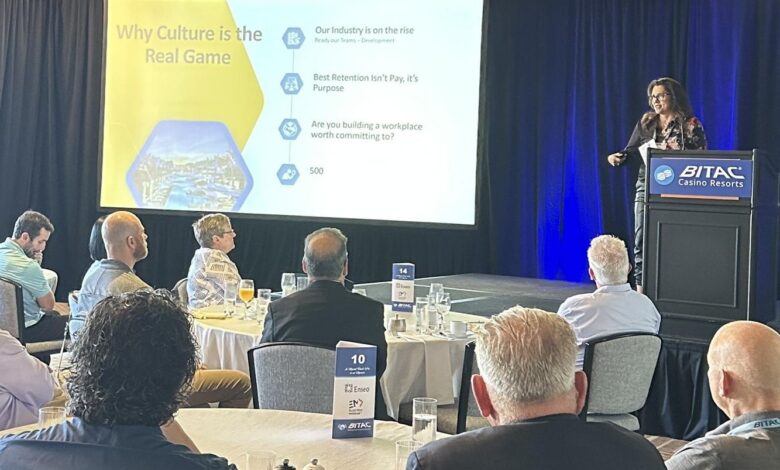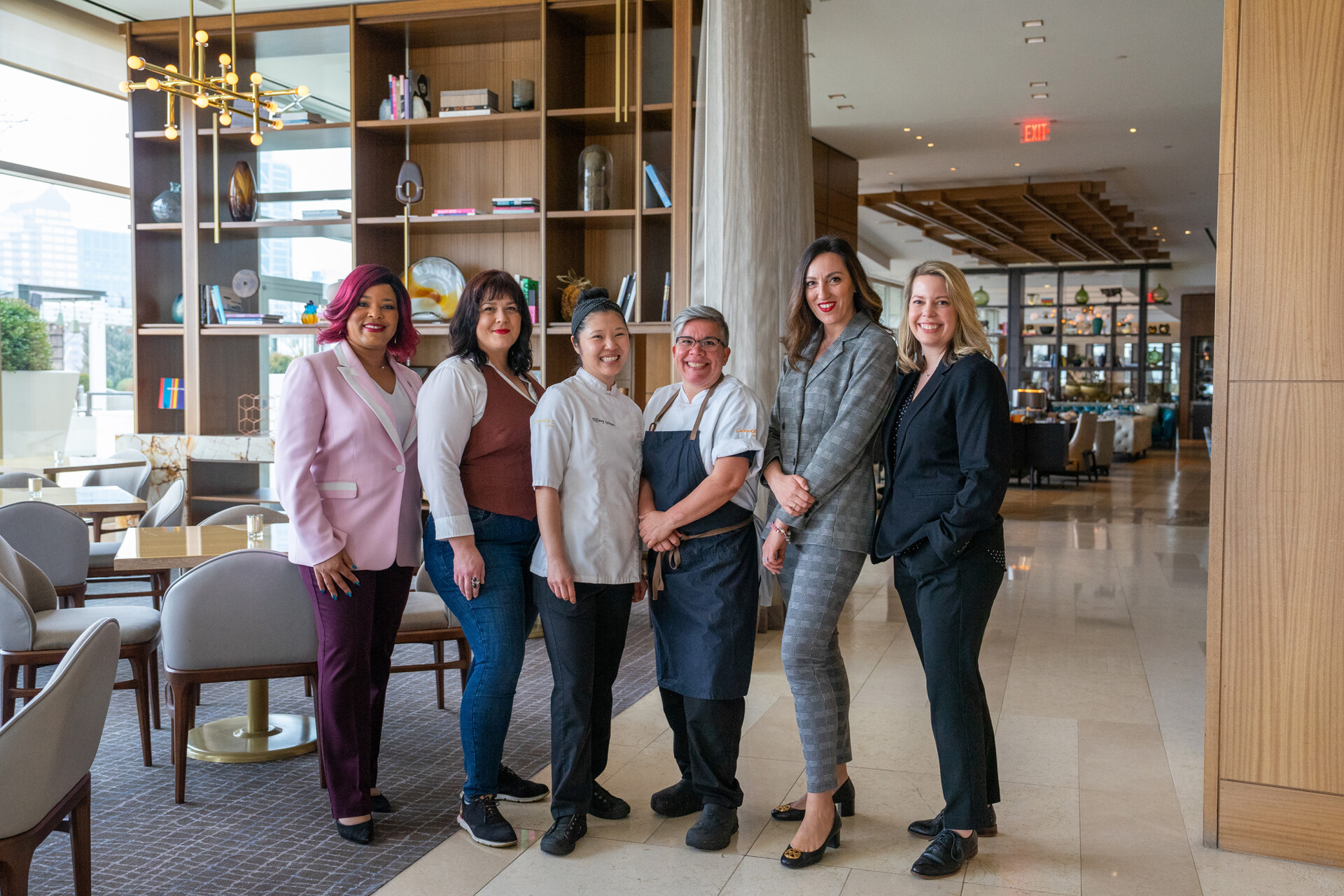
By Jim Nelson | August 14, 2025
BITAC, our sister company that produces executive events, recently held its annual Casino Resorts event with casino operators from far and wide. Our keynote speaker was Paula Allen, the CEO of Lead with Allen, The Allen Academy, the former director of leadership development and guest services at 7 Cedars, and an enrolled tribal citizen of the Jamestown S’Klallam Tribe in …
BITAC, our sister company that produces executive events, recently held its annual Casino Resorts event with casino operators from far and wide. Our keynote speaker was Paula Allen, the CEO of Lead with Allen, The Allen Academy, the former director of leadership development and guest services at 7 Cedars, and an enrolled tribal citizen of the Jamestown S’Klallam Tribe in …



